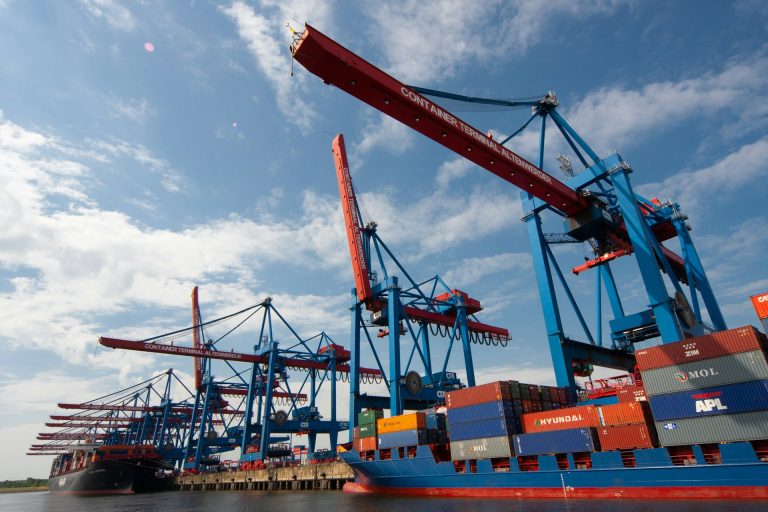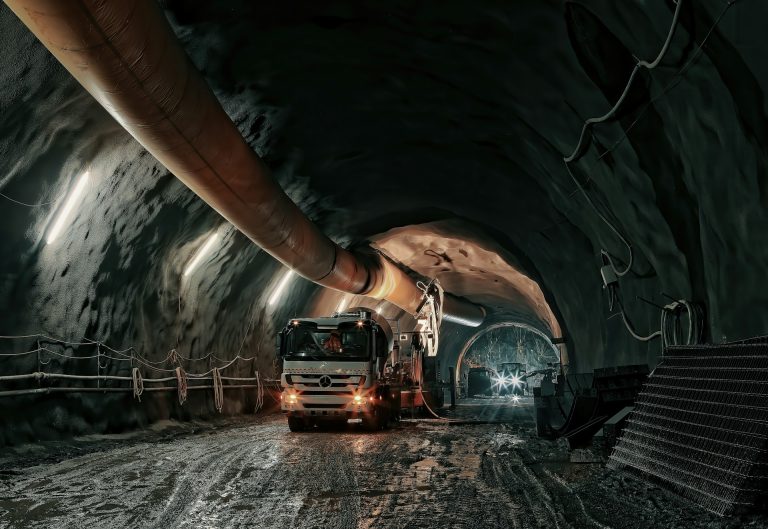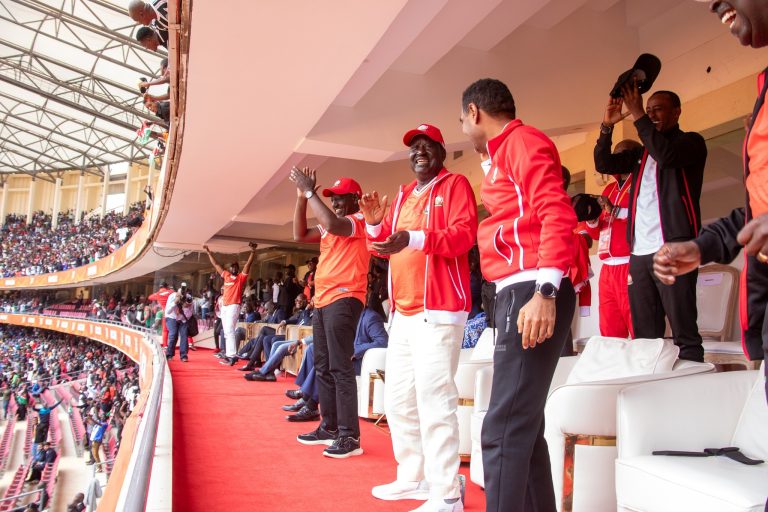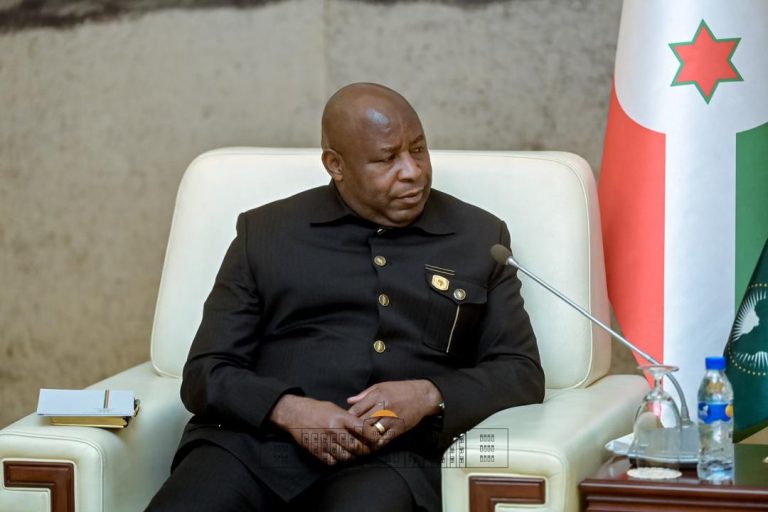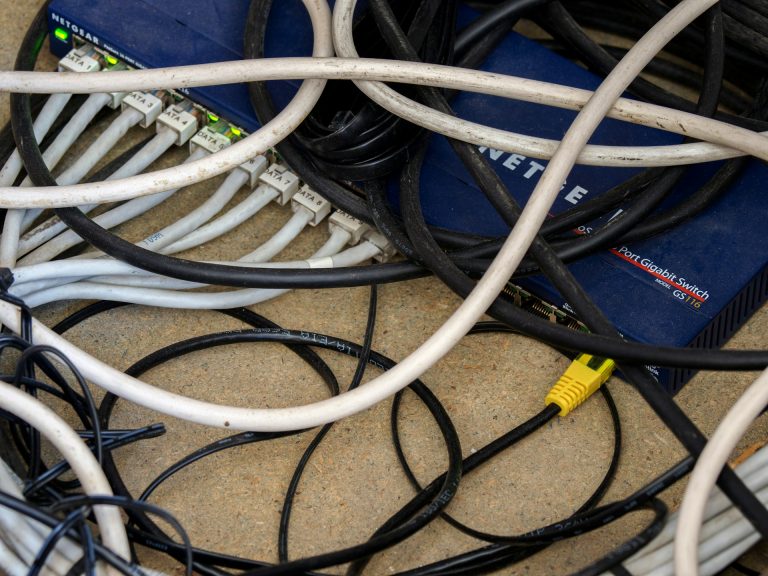- State resources rise nearly 10% in seven months
- Economists warn sustainability depends on oil, gas and debt
DAKAR, SENEGAL – Senegal’s economy is showing resilience in 2025, with government resources climbing nearly 10% in the first seven months of the year, boosted largely by improved tax revenues and access to regional financial markets.
According to the Department of Forecasting and Economic Studies (Dpee), state resources excluding grants reached 2,575.2 billion CFA francs ($4.2 billion) by the end of July, up 9.9% compared with the same period in 2024.
Professor of economics at the Virtual University of Senegal (UVS), Mame Badiane Mbaye, described the figures as “important,” noting they surpass earlier expectations.
“The figure of 2,575.2 billion CFA francs over seven months represents an annualised rate of more than 4,400 billion CFA francs, compared with approximately 3,800 billion CFA francs for all of 2023,” Mbaye said. “This testifies to the realization of expectations related to oil and gas, and a capacity to finance the Plan Sénégal Émergent (PSE).”
Yet Mbaye cautioned that not all of the revenue surge is structural. Senegal raised more than 2,700 billion CFA francs on the WAEMU regional financial market in 2025, including a 364 billion CFA loan in July and another 300 billion CFA francs now being raised.
“This indicates that performance is partly financed by debt, which is not a structural source of revenue,” he warned.
Mbaye added that while digital reforms in tax administration, such as tools for property tax management, have improved compliance and boosted revenue, risks remain.
“The most significant risk is undoubtedly the dual risk of fluctuating oil/gas prices and operational failure in these new projects, as a large portion of revenue forecasts are tied to them,” he said. Climate shocks to agriculture and a slowdown in global demand could also hit collections.
Broader economic impact
Despite concerns, Senegal’s revenue performance is giving the government room to accelerate investment and strengthen legitimacy. Improved revenue allows the state to finance infrastructure projects such as roads, energy networks and water supply systems without delay.
“The state can accelerate payments to companies and suppliers, improving private sector cash flow and stimulating activity,” Mbaye said. He also highlighted the political dividend, noting that “good economic performance is often used by governments to justify policies and strengthen legitimacy.”
Still, economists say maintaining momentum will require a balance between revenue mobilisation and prudent debt management. Any shocks in the global energy market or domestic production failures could force the government into mid-year budget revisions.


